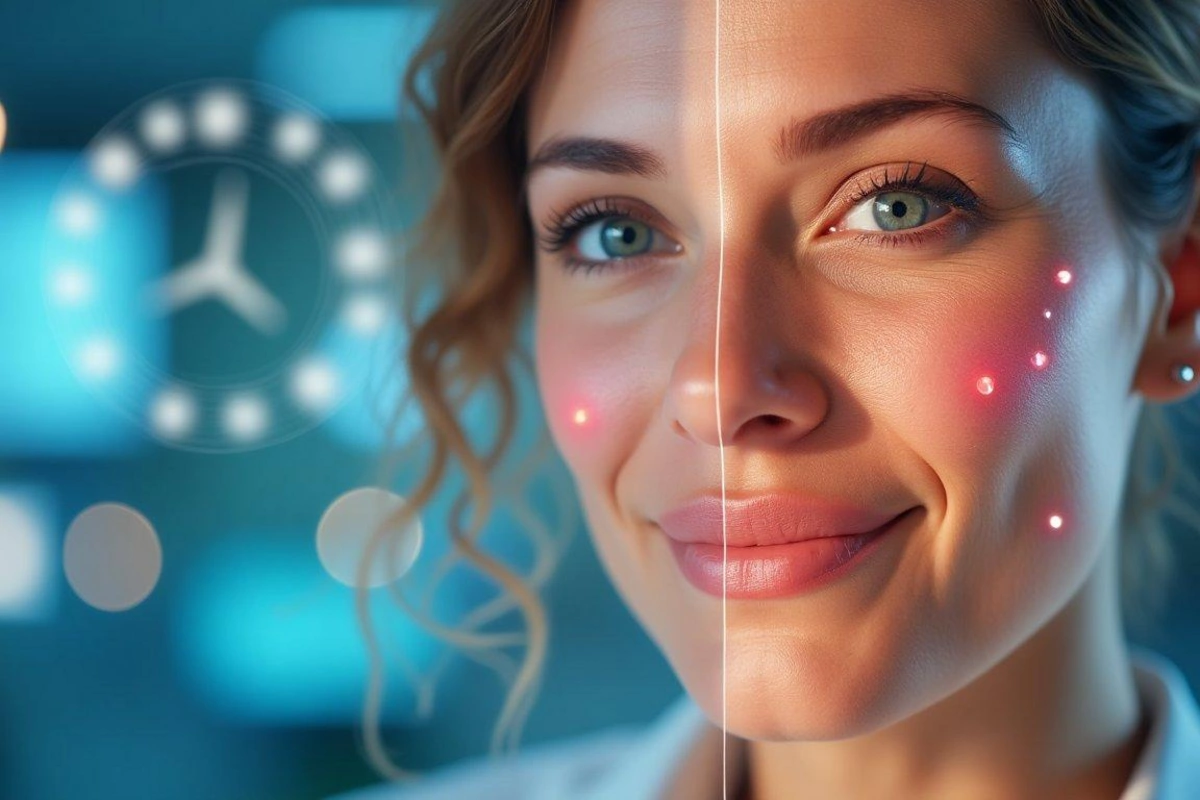Substances that slow down skin aging have been identified

A group of researchers from the University of Münster has made a significant discovery in the field of dermatology, identifying hormones capable of substantially slowing down age-related skin changes and creating a natural barrier against external damage.
As reported by BAKU.WS, the research results were presented to the scientific community in the journal Endocrine Reviews.
During a large-scale analysis of dozens of scientific papers, specialists established that certain hormonal compounds have a pronounced positive effect on the condition of the skin and hair follicles. These substances demonstrate the ability to maintain tissue elasticity, prevent the formation of wrinkles, and even counteract the process of hair graying.
The scientific review covered both hormones already used in medical practice - estrogens and retinoids, as well as promising compounds at the research stage: melatonin, growth hormone, insulin-like growth factor, alpha-melanocyte-stimulating hormone (α-MSH), oxytocin, and endocannabinoids. Most of these substances have complex actions, including antioxidant, anti-inflammatory, and protective mechanisms.
The research group paid special attention to melatonin - a compact molecule that is economically accessible and has a high safety profile compared to other compounds. This hormone effectively suppresses inflammatory processes, protects DNA from damage, optimizes mitochondrial metabolism, and inhibits apoptosis - programmed cell death that intensifies with age. Experimental data indicate melatonin's ability to neutralize the negative effects of ultraviolet radiation and prevent hair depigmentation.
According to the scientists' conclusion, the obtained results open innovative perspectives in the field of dermatology and anti-aging medicine. The identified hormones can serve as a foundation for creating a new generation of preparations aimed not only at visually improving skin condition but also at strengthening its protective functions and increasing resistance to damaging factors.
Similar News
Named the non-obvious fruit that can normalize blood pressure
A popular tropical fruit can become a real ally in the fight against high blood pressure and reduce the risk of developing cardiovascular diseases. This was rep...




 Azərbaycanca
Azərbaycanca  По-русски
По-русски  English
English 






